The Philippine economy is expected to slow down next year even with the continuation of face-to-face activities, so you might be wondering if it’s really a good idea to buy an RFO house and lot or any property. In this article, we’ll show you some insights about the economy, the impacts of a slow economy on the real estate industry, and how to invest in residential property, commercial property, investment property — in real estate property during a recession.
Philippine Economy to Lose Growth Momentum in 2023
Last December 6, 2022, Business Inquirer reported that with rising inflation and interest rates dampening domestic demand, the World Bank predicted that the Philippine economy will lose steam in 2023, with growth slowing to 5.7%.
The government’s growth prognosis for 2023 was reduced from 6.5 percent to 7.5 percent to 6 percent to 7 percent on Monday, but the World Bank’s outlook was more pessimistic than that. According to the World Bank, high inflation and interest rates are likely to dampen consumer spending and investment in the next years, leading to a gloomy 2023 forecast.
To paraphrase the World Bank’s projections, “the outlook for 2023 is built on reduced consumer demand, rising inflation, and high-interest rates,” all of which are likely to dampen household spending and investments. World Bank economists now predict that the Philippines’ economy will grow by 7.2% in 2022, up significantly from their earlier prognosis of 6.5% growth, thanks to the country’s excellent performance over the first nine months of the year.
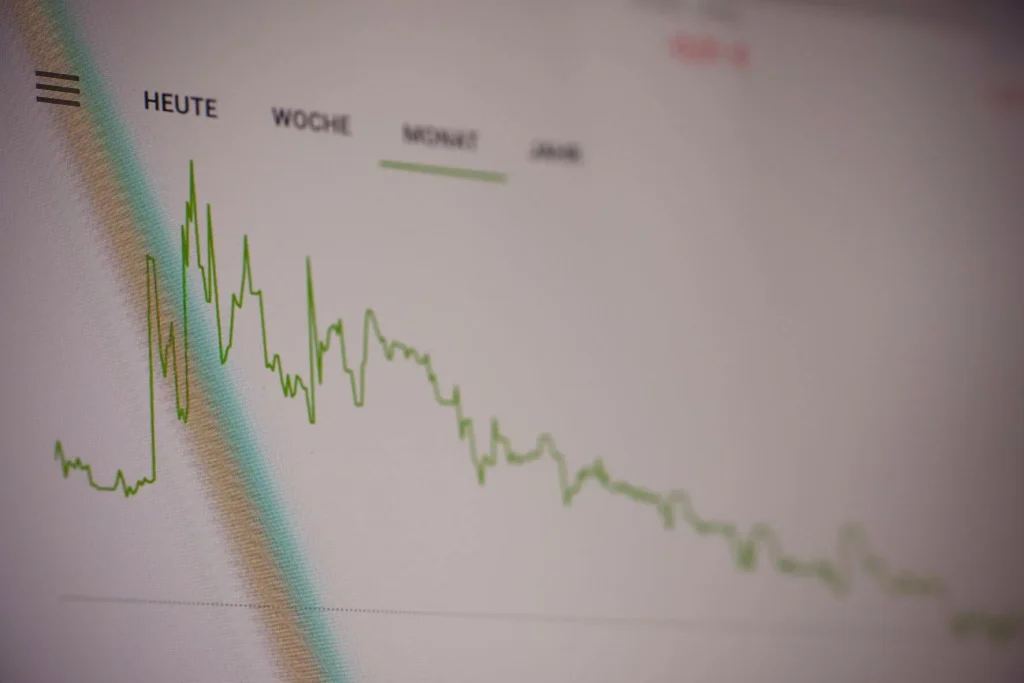
With economic output averaging 7.7 percent in the nine months through September after the government relaxed practically all COVID-19 limitations, the Philippines is on track to exceed its 6.5 percent to 7.5 percent growth target this year. World Bank Senior Economist Ralph van Doorn addressed a media briefing, “This weakening global climate is pouring into the local economy and reducing the country’s development chances in 2023.” Van Doorn argued that the Philippines needed to manage excessive inflation, maintain a stable fiscal position, and keep investing in areas like healthcare, schools, and farms in order to maintain growth.
The pressure on the Philippines’ central bank to tighten monetary policy due to inflation is at a 14-year high as of November. According to the Philippine Statistics Authority, inflation in the country hit an all-time high of 8% in November, the highest rate in 14 years, driven largely by a sharp increase in the cost of food. Crops like vegetables, rice, and fruits have taken a beating from recent typhoons, contributing to rising food prices. The less-volatile measure of inflation, known as core inflation, increased by 6.5%. In a separate statement, Arsenio M. Balisacan, secretary of the Philippines’ National Economic and Development Authority (NEDA), said, “The government is continuously implementing targeted subsidies and discounts to allay the impact of the higher prices of essential goods, especially for the vulnerable sectors and low-income earners of our society.”
The November inflation data suggests the central bank still has a number of rate hikes in the pipeline “to help stem any second-round effects from higher food prices, rein in demand, and make sure inflation expectations are well anchored,” according to Aris Dacanay, ASEAN Economist from HSBC Global Research. He also stated that he anticipates the BSP to halt its tightening cycle once the policy rate reaches 6.25%.
Does this mean it’s a good time to buy an RFO house and lot? Let’s find out.
Impact of Recessions on Housing and Real Estate
One of the most significant investments you can make is in an RFO house and lot, or possibly any real estate. Sometimes, even, you may find that your home is a significant source of financial stress. In addition, you must consistently pay your mortgage for a long period of time, month after month. A recession can be devastating to a lot of people’s finances and even put homes at risk.
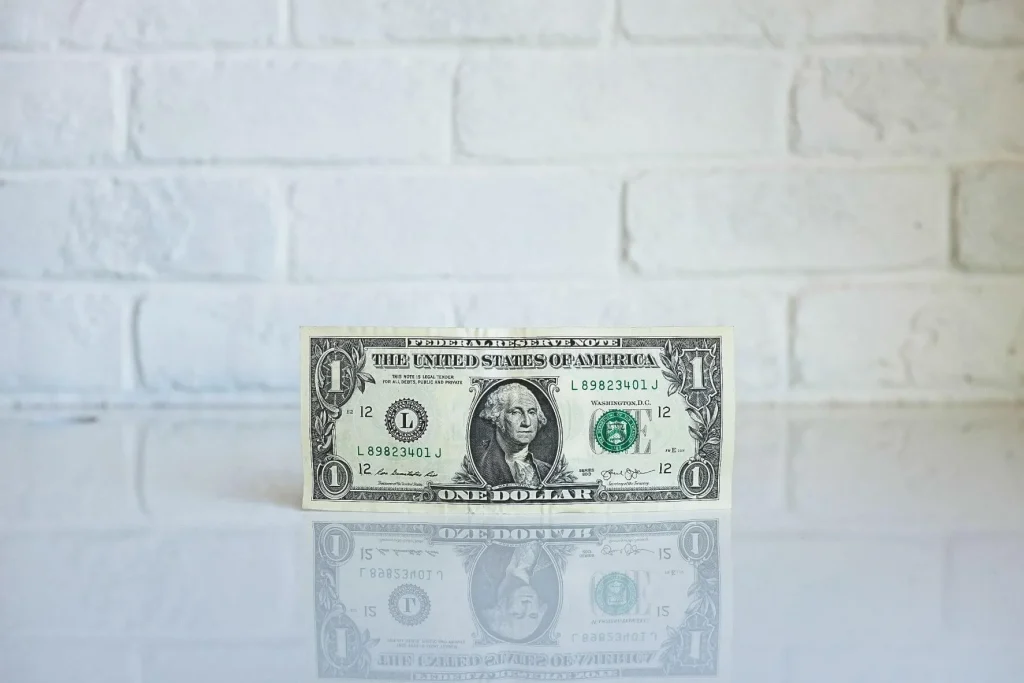
The housing and real estate markets typically suffer greatly during economic downturns. It’s possible that fewer individuals will be able to afford to purchase homes if the economy continues to struggle. When there is more housing available than buyers, prices may drop so that more houses may be sold in a given time frame.
As a whole, the market may be unmoving. Mortgage delinquencies and foreclosures can both rise if borrowers run into trouble making their payments. In many cases, banks will cut loan rates to stimulate economic activity and promote homebuying.
Should You Buy a House During Slow Economic Movement?
If you’re in a financial position to do so, purchasing a home during a recession is often a good idea.
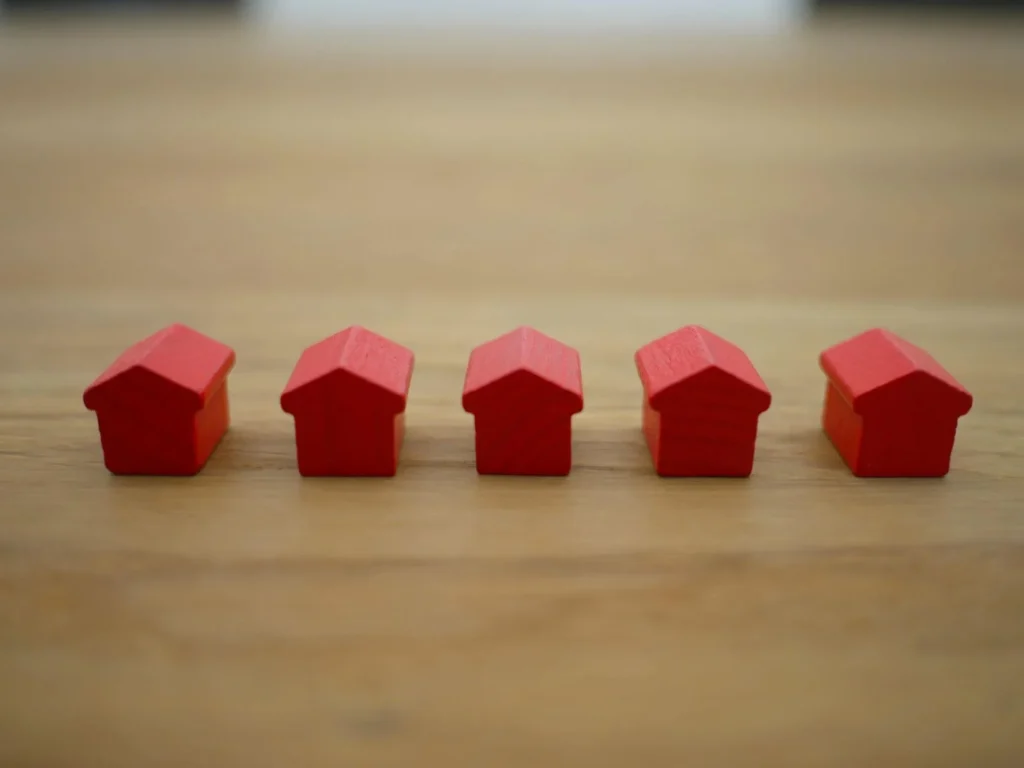
A slow economy means the majority of the citizens of a country are cutting costs and buying less, which means slow demand for an RFO house and lot. Lessening demand for housing should lead to cheaper pricing. So, if you want to buy a house with the intention of using it as an investment in the future, now is a good time. However, remember that if your income is unstable, buying a home during a downturn can be a very risky proposition.
So, how about selling?
Depending on when you acquired your property, a recession may or may not be a favorable time to sell real estate. You might still come out ahead if you made a purchase several years ago and costs are still much higher, but temporarily cheaper. But if you made a more recent purchase, you may have to sell at a loss if the market value of your property has dropped.
However, selling could be a viable alternative if you can simply replace the property you sell with another one, or invest the money you receive from the sale. Selling your property and investing the proceeds in other assets that have lost value would be a prudent course of action, especially during a downturn.
That said, if your current real estate business is house-flipping, you might have to find other opportunities to invest.
Historical Impact of Recessions on the Housing Market
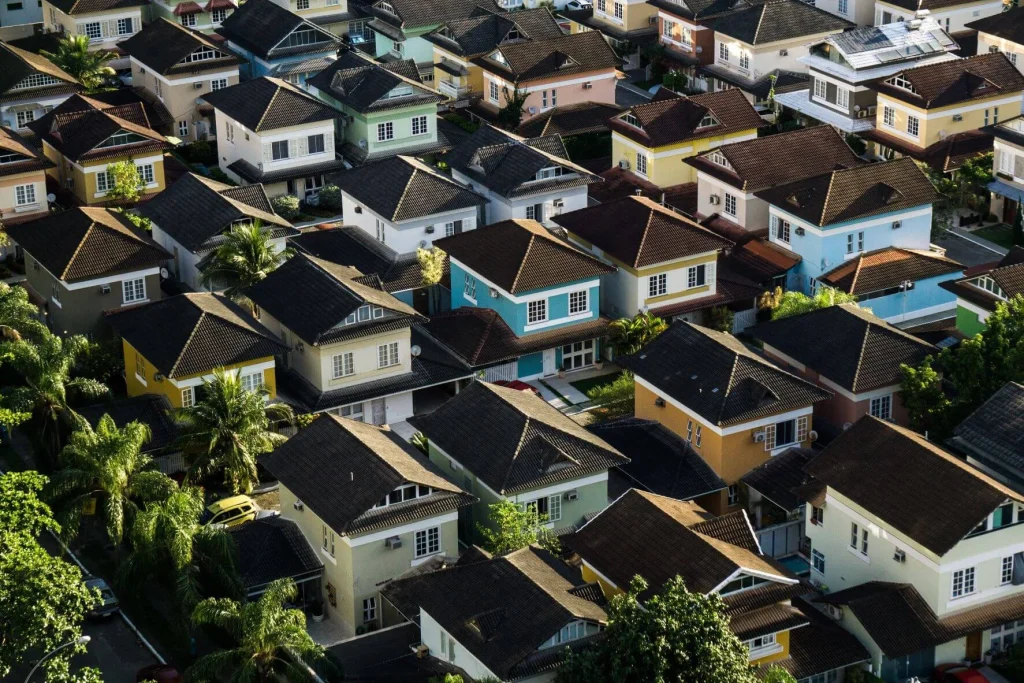
The property market collapsed in December 2007 and caused the Great Recession to last until June 2009. Even in the US, the median price of a home jumped from $207,000 in the middle of the 1990s to $314,000 in the middle of the 2000s.
You might be wondering why.
Mortgages were being made available to those who typically wouldn’t qualify for them due to the high risk they posed to the lender. The loans were repackaged by the lenders and sold under a new name that made them appear much safer than they actually were. Many people who got mortgages wound up being unable to keep up with their payments.
As subprime lenders began declaring bankruptcy or going out of business, the supply of high-risk mortgages dried up, causing a precipitous drop in both housing demand and prices. As banks became more cautious, even conventional mortgages were difficult to come by.
There was a rise in foreclosures, a surge in repossessed properties, and an uptick in property sales, all of which weighed on an already struggling housing market. As interest rates rose, many homeowners found themselves unable to keep up with their mortgage payments, causing home prices to drop. When a home’s value dropped below what was owed on the mortgage, it was often more financially prudent for the owner to foreclose on the property than to continue paying the loan payments.
In the end, hundreds of banks that had significant holdings in mortgage-backed securities and subprime mortgages also failed. More than 500 financial institutions failed between 2008 and 2015. The property market and the economy as a whole began to improve again over time. However, the Great Recession taught both buyers and lenders a valuable lesson about the perils of taking on too much debt in order to buy a home.
How to Jump into Real Estate Investment During a Recession
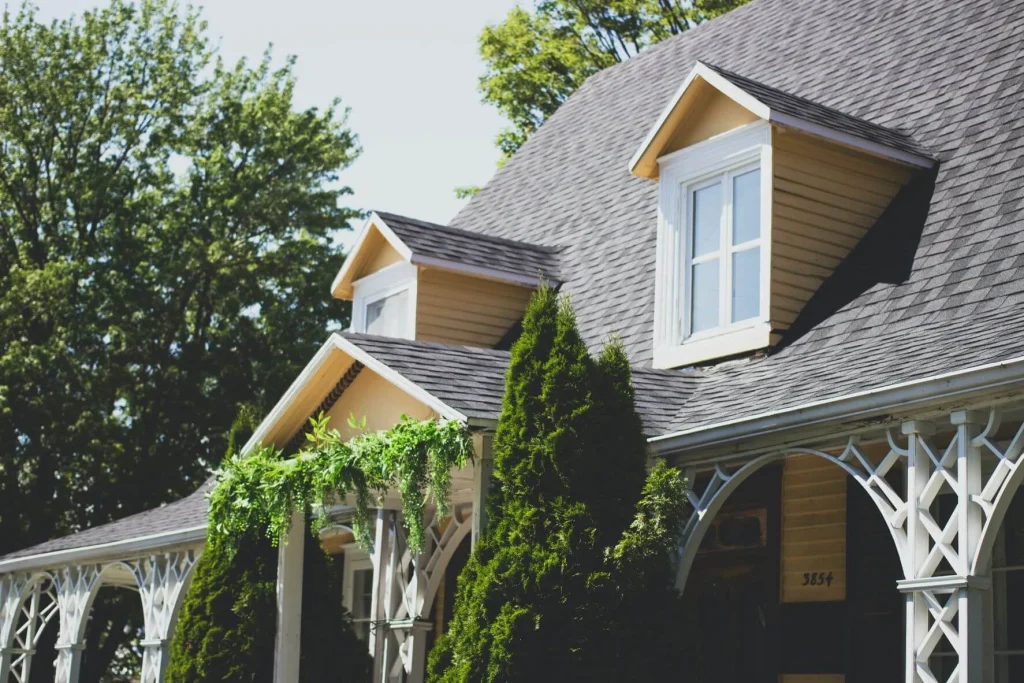
While a slowing economy isn’t ideal, real estate may provide some stability for investors. If you’re seeking a safe investment outside of the stock market during a downturn, real estate may be a smart option for you for three main reasons:
- Weak ties to stock prices – Unlike the stock market, real estate has historically shown little to no correlation. Therefore, there is minimal spillover from the stock market’s volatility during a recession into the housing market.
- Housing is still a necessity for many – People will always have a need for shelter, regardless of the state of the economy. For property investors, a reliable rental income stream is more likely if demand for rental homes remains high or even increases during a recession and there is a scarcity of available dwellings.
- Price drops are common during recessions – Property values may fall during a recession even if the economy is still doing well. However, if a recession cools off a hot property market, investors may be able to buy rental homes at a bargain.
A recession followed by stagflation can be mitigated partly by investing in real estate as a means of protecting one’s purchasing power. High prices and high unemployment rates characterize a stagflationary economy. The value of real estate typically rises alongside inflation, making it a more stable investment.
Rentals Are Real Estate Investments Opportunity
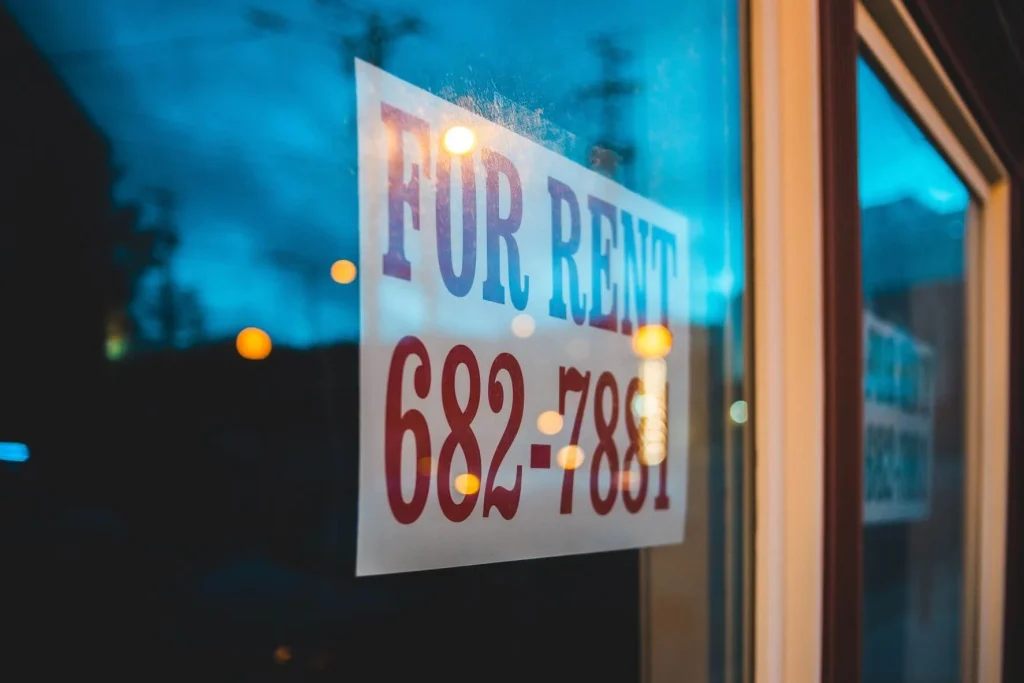
One of the first things to think about if you want to go into real estate investing during a downturn is what kinds of properties might be the most profitable for you to buy. Investing in a rental property could seem like the logical thing to do. Turning an RFO house and lot into a rental property can be a source of revenue even in a down economy if the landlord can hold on to their renters.
There are a lot of types of properties that you can turn into a rental investment, including:
- Small houses
- Single-family houses
- Apartment buildings
- Condos
- Duplexes, triplexes, and quadplexes
Instead of increasing rent prices, you can increase your rental income by increasing the number of apartments you rent out. However, more units often mean more work and more money spent on upkeep. Hiring a property manager to handle tenant issues on your behalf is an option, but doing so will cost you money.
If you don’t want to commit to long-term property ownership, flipping could be a good option. However, as we mentioned, trying to flip a house during a recession might be difficult because there may be fewer potential purchasers.
If you need a loan to buy a home, the interest you pay could increase the longer the property is on the market. However, if you buy at the bottom of the market and can rapidly locate a qualified buyer, flipping houses can yield substantial returns.
Commercial real estate, in addition to houses, are good real estate opportunities for investment properties during a downturn.
It’s possible that warehouses and farmland, two types of commercial real estate, would continue to have demand even in a recession. Similar to the requirement for shelter, investments in agriculture can be used to generate essential foodstuffs like wheat and maize products even in a down economy.
Investment in commercial real estate might be appealing because it typically does not necessitate the acquisition of a loan or the purchase of a physical property. Instead, you might put your money into a real estate investment trust (REIT) or a real estate crowdfunding website.
The benefits of property ownership without the hassle of actual ownership can be offered by real estate investment trusts (REITs) and real estate crowdfunding. Without actually purchasing any property, you can participate in the real estate market by purchasing shares of public companies or ETFs.
Two Things to Consider Before Investing During a Recession
First, think about where you’re putting your business. A property’s location is always a major consideration for investors. Learn the ins and outs of the neighborhood and gauge the state of the rental market before making any major decisions. Look for rental properties in regions with high demand and rental rates that will allow you to earn a satisfactory profit.
Second, investigate your cash flow. Cash flow is the amount of money left over after paying all of your bills and investing in your rental property. It could be prudent to save aside more money in case of unexpected costs during a recession, especially if inflation rates continue to rise.
Investing in real estate might be a wonderful fit for your financial plan if you take the time to learn about the numerous opportunities available to you. The best places to put your money during a recession are in recession-proof industries like healthcare, utilities, and consumer staples. Stocks that have consistently paid dividends for a long time are another option worth considering because these firms tend to be well-established and financially stable.
Related Blog: A Predicted Recession in The US: What Does It Mean for the Philippine Economy and Foreign Investment?


